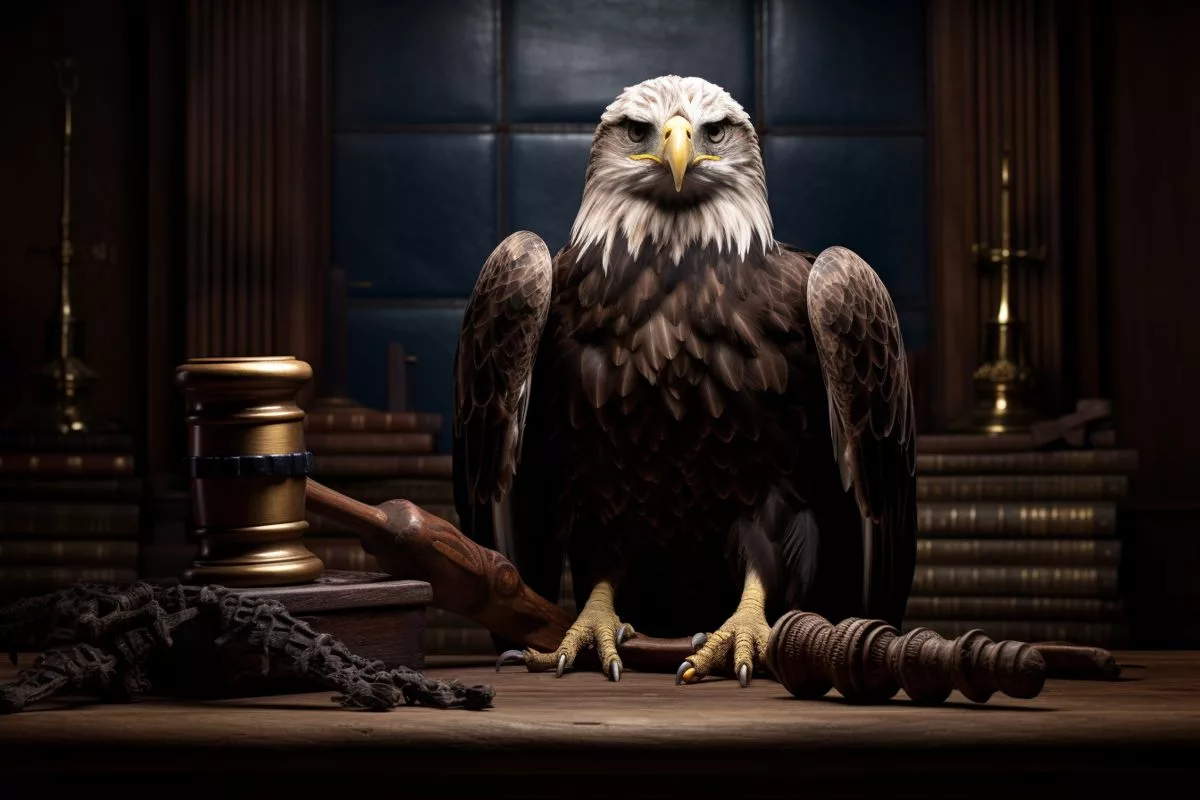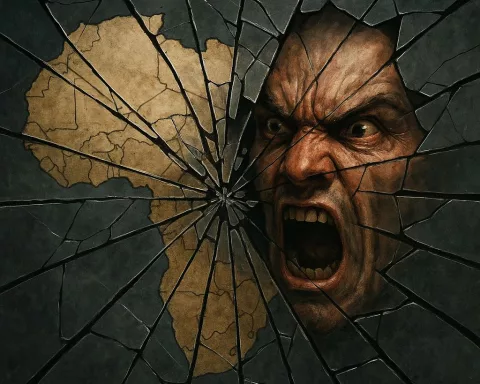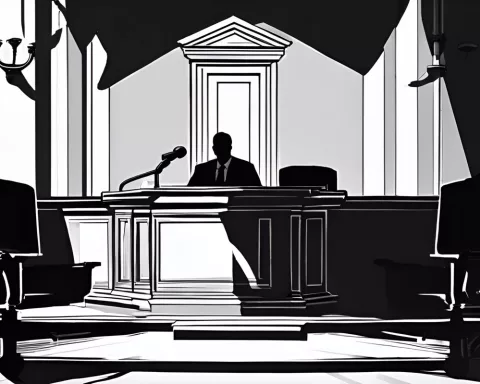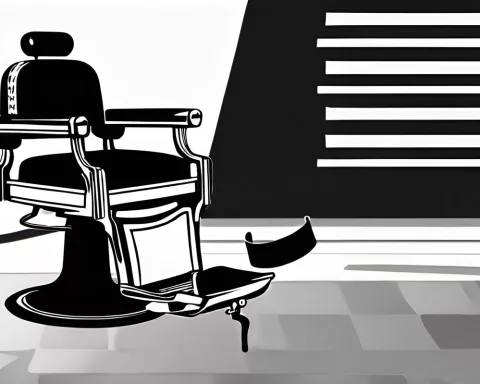The Colorado Supreme Court has ruled that former President Trump instigated an insurrection, making him ineligible to hold the office of President again under the Fourteenth Amendment of the United States Constitution. Trump’s legal team is expected to appeal the decision to the Supreme Court, which is also considering his claim of absolute immunity from prosecution for actions committed during his presidential term. These cases highlight the enduring impact of the Supreme Court on American politics and the crucial role it plays in shaping the trajectory of American history.
What is the Colorado Supreme Court’s decision on Trump’s insurrection?
On January 4, 2022, the Colorado Supreme Court held that former President Trump instigated an insurrection, rendering him “disqualified from holding the office of President under Section Three of the Fourteenth Amendment to the United States Constitution.” Trump’s legal team may seek an appeal to the Supreme Court, which is also considering his claim of “absolute immunity” from prosecution for actions committed during his presidential term. These cases highlight the Supreme Court’s enduring impact on American politics.
Traversing the corridors of American history, the U.S. Supreme Court repeatedly emerges as an influential force in the Presidential elections. A clear illustration of this was the 2000 Presidential election. The Supreme Court halted a vote recount in Florida, thereby tilting the balance in favor of Republican George W. Bush against his Democratic adversary, Al Gore. The victory margin was razor-thin, and the Supreme Court’s decision was crucial.
Fast-forwarding to the present scenario, the shadow of the Supreme Court’s sway once again hovers over the Presidential race. It is currently mulling over two cases involving the 2024 Republican Presidential nominee frontrunner, Donald Trump. The recent verdict by the Colorado Supreme Court signifies a significant development with potentially far-reaching consequences.
The Colorado Supreme Court’s Landmark Decision on Trump’s Insurrection
On a clear Tuesday, the Colorado Supreme Court delivered a significant verdict. The court held that the former President instigated an insurrection, referring to the notorious January 6, 2021, assault on the United States Capitol by ardent Trump supporters. This act, as per the court, rendered him unfit to occupy the office once more. All signs indicate that this judgment is headed for a review by the Supreme Court.
The Colorado Supreme Court’s decision was both historic and contentious, handed down by a 4-3 majority. The court decreed Trump as “disqualified from holding the office of President under Section Three of the Fourteenth Amendment to the United States Constitution.”
The Fourteenth Amendment of the Constitution is by no means a recent addition. Ratified back in 1868, following the Civil War, it forbids anyone from assuming public office if they have been involved in an “insurrection or rebellion” after swearing to uphold and defend the Constitution.
The Fallout of the Colorado Supreme Court’s Decision and Subsequent Legal Proceedings
The ruling by Colorado’s apex court has temporarily stalled Trump’s political pursuit, at least till January 4. During this interim period, Trump’s legal team will likely seek an appeal to the Supreme Court. Steven Schwinn, a constitutional law professor at the University of Illinois Chicago, foresees the case progressing swiftly and the Supreme Court stepping in to adjudicate this “uncharted territory.”
The second case under the consideration of the Supreme Court involves Trump’s claim of “absolute immunity” from prosecution for actions committed during his presidential term. The matter was highlighted by special counsel Jack Smith, who urged the Supreme Court to deliberate on the former President’s immunity assertion.
U.S. District Judge Tanya Chutkan, assigned to Trump’s election interference trial, has rejected the immunity plea. She emphasized that Trump’s tenure as Commander in Chief did not provide him with the “divine right of kings to elude the criminal responsibility that governs his fellow citizens.”
Trump’s Legal Challenges and the Implications of the Supreme Court’s Decision
In the face of these legal proceedings, Trump confronts a formidable challenge. He stands indicted in Florida for allegedly mishandling top-secret documents post his Oval Office tenure, faces charges related to election malpractices in Georgia, and is scheduled to face trial in Washington in March for purportedly conspiring to overturn the 2020 election results.
Yet, Trump remains unyielding, maintaining his innocence on the 91 felony charges leveled against him. He condemns these charges as “election interference” by Biden and the Democrats, intended to thwart his Presidential campaign.
These cases, if anything, underscore the crucial function the Supreme Court performs in molding the trajectory of American politics. It remains to be seen whether the court will affirm the Colorado Supreme Court’s ruling and reject Trump’s immunity plea. Regardless, one aspect is irrefutable – the Supreme Court’s influence on the 2024 Presidential race will be significant, reinforcing its enduring imprint on American history.
What is the Fourteenth Amendment, and how does it relate to Trump’s eligibility to hold the office of President?
The Fourteenth Amendment to the United States Constitution, ratified in 1868, forbids anyone from assuming public office if they have been involved in an “insurrection or rebellion” after swearing to uphold and defend the Constitution. The recent verdict by the Colorado Supreme Court deems that former President Trump instigated an insurrection, rendering him “disqualified from holding the office of President under Section Three of the Fourteenth Amendment.”
What is Trump’s claim of “absolute immunity,” and how is it relevant to his legal challenges?
Trump’s claim of “absolute immunity” from prosecution for actions committed during his presidential term is currently under consideration by the Supreme Court. This claim asserts that as President, Trump had complete protection from any legal consequences for his actions. The Supreme Court’s decision on this matter will have significant implications for Trump’s ongoing legal challenges.
What legal challenges is Trump currently facing?
Trump is facing multiple legal challenges, including charges related to election malpractices in Georgia, indictment in Florida for allegedly mishandling top-secret documents post his Oval Office tenure, and a trial in Washington in March for purportedly conspiring to overturn the 2020 election results.
How has the Supreme Court influenced past Presidential elections?
The Supreme Court has played a significant role in shaping the trajectory of past Presidential elections. For instance, in the 2000 election, the Supreme Court halted a vote recount in Florida, thereby tilting the balance in favor of Republican George W. Bush against his Democratic adversary, Al Gore.
What is the potential impact of the Supreme Court’s decision on Trump’s legal challenges?
The Supreme Court’s decision on Trump’s legal challenges, including his claim of absolute immunity and the Colorado Supreme Court’s verdict on his eligibility to hold the office of President, will have far-reaching consequences. It is yet to be seen whether the court will affirm the Colorado Supreme Court’s ruling and reject Trump’s immunity plea.
How does the Colorado Supreme Court’s decision affect Trump’s political pursuit?
The Colorado Supreme Court’s decision has temporarily stalled Trump’s political pursuit, at least until January 4. Trump’s legal team is expected to appeal the decision to the Supreme Court, which will likely step in to adjudicate this “uncharted territory.”












